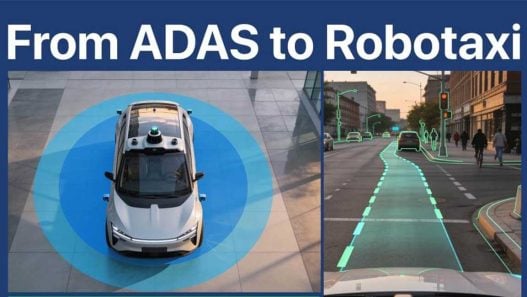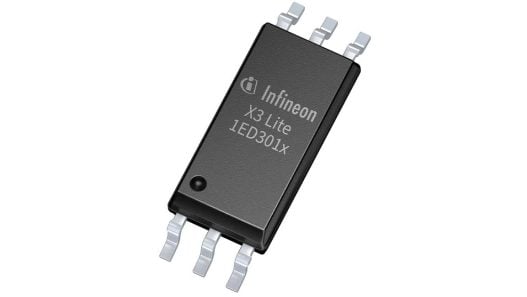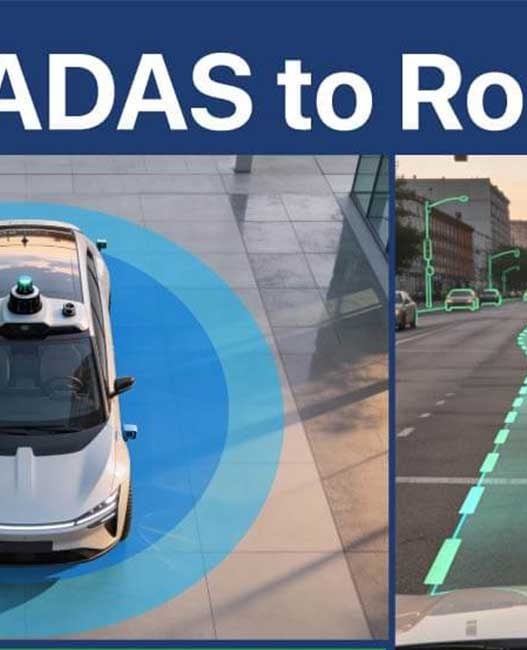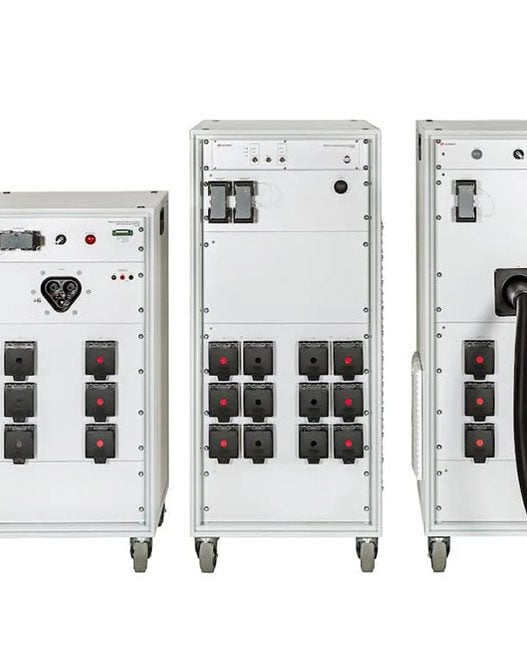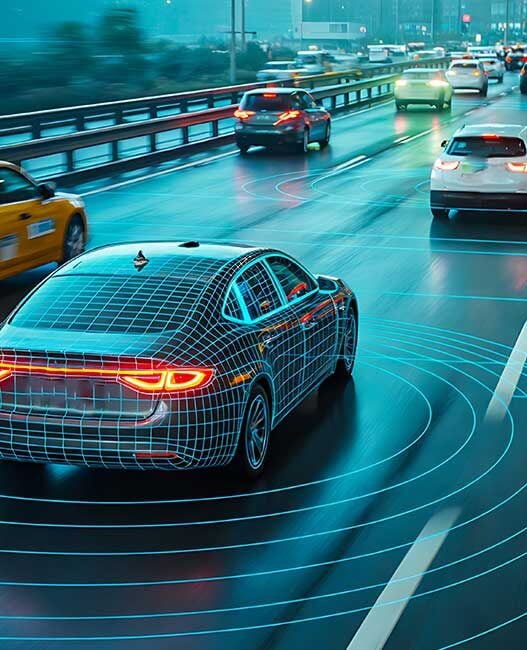This ‘Digital First’ approach enhances efficiency, avoids defects, and saves time, marking a step-change in the flexibility, resilience, and intelligence of the Mercedes-Benz MO360 production system.
The introduction of the Mercedes Modular Architecture (MMA), which was showcased at the Munich IAA MOBILITY in September in the Concept CLA Class, marks the next step in making the MO360 digital production ecosystem more intelligent. The company uses this flexible production system to network around 30 Mercedes-Benz plants worldwide using real-time data. With MO360, Mercedes-Benz is able to produce electric, hybrid, and combustion models on one factory line in order to scale the production of electric vehicles in accordance with market demand.
“Mercedes-Benz is initiating a new era of automotive manufacturing thanks to the integration of Artificial Intelligence, MB.OS, and the digital twin based on NVIDIA Omniverse into the MO360 ecosystem. With our new ‘Digital First’ approach, we unlock efficiency potential even before the launch of our MMA models in our global production network and can accelerate the ramp-up significantly.” Jörg Burzer, Member of the Board of the Mercedes-Benz Group AG, Production, Quality and Supply Chain Management
Virtual ramp-up of an assembly hall: Mercedes-Benz plant in Rastatt reduces construction time and costs
The Mercedes-Benz plant in Rastatt, Germany, showcases digital twin technology for introducing next generation vehicles in a way which results in only minimal interruption of assembly in existing halls.
With the ‘Digital First’ approach, Mercedes-Benz ensures that the new production line for new models on the MMA platform in the existing Rastatt plant can be modified, configured, and optimised using high-precision digital simulation techniques. The exact position of machines, supply routes, and production lines can be determined and simulated in advance without interrupting the production of the current compact cars A- and B-Class, GLA, and EQA. Furthermore, production can be ramped up significantly faster when compared to a conventional planning process. Mercedes Benz is investing a low triple-digit million euros amount to prepare the Rastatt plant for the new models of the next generation. The virtual ramp-up in Rastatt will serve as a blueprint for the global production network which includes the cooperation plant in Beijing.
Digital twin in production: Mercedes-Benz builds virtual factories with NVIDIA Omniverse
Mercedes-Benz is developing new production techniques with NVIDIA, harnessing its competence in the fields of software platforms, data, and artificial intelligence (AI). For the plant expansion at the Hungarian site in Kecskemét, Mercedes-Benz has created a completely digital depiction of the entire hall for the first time. For this, the company relies on NVIDIA Omniverse, a platform for developing Universal Scene Description (OpenUSD) applications for industrial digitalisation, such as digital twins.
The digital twin includes the entire building and the infrastructure in it as well as break areas and changing rooms for the employees. With the digital twin for production, assembly areas can be planned, retooled, and inspected virtually while taking into account the need for short distances, sufficiently wide aisles, and even fire protection.
The virtual ramp-up guarantees the increased speed, transparency, and flexibility of production processes without the obligation to use cost-intensive hardware. In simulation runs, savings can be conducted. By leveraging Omniverse, Mercedes-Benz can interact directly with its suppliers, reduce coordination processes by 50%. Using a digital twin doubles the speed for converting or constructing an assembly hall – while improving the quality of the processes. With the data collected in the virtual world, assembly processes can be optimised even faster and potential errors can be detected at an early stage – without “real world” interference.
“What if reality becomes a representation of the digital, rather than the digital being a representation of reality? Our vision in the future is getting trust in digital twins the same as we do in physical reality.” Jan Brecht, Chief Information Officer (CIO) of Mercedes-Benz Group AG
“Digitalisation will enable a whole new era of efficiency for the automotive industry. Using NVIDIA Omniverse and AI, Mercedes-Benz is building a connected, digital-first approach to optimise its manufacturing processes, ultimately reducing construction time and production costs.” Rev Lebaredian, Vice President of Omniverse and simulation technology at NVIDIA
Efficiency through AI
In addition, the introduction of AI opens up new areas of energy and cost-savings. The Rastatt plant is being used to pioneer digital production in the paint shop. AI helped to create efficiency gains in topcoat booths, where vehicle chassis get their paint and protection layers. Instead of a conventional programmable logic controller (PLC), AI took over the monitoring of the relevant sub-processes in the pilot testing, which led to energy savings of 20% when compared to conventional PLC control. In addition, AI has enormously reduced the time required to boot the process. The successful application of AI-controlled process engineering is an important step in the digitalisation of production and is now being rolled out to other Mercedes-Benz plants.
Last May, Mercedes-Benz launched a ChatGPT project within the production digital ecosystem MO360 to optimise production processes and accelerate the identification of defects. With the “democratisation of data”, important production data can be retrieved by many employees. This allows them to evaluate processes and data in real time.
Use of MB.OS centralises the software operations of Mercedes-Benz vehicle production
The Mercedes-Benz Operating System (MB.OS) – developed on a chip-to-cloud architecture – will be used in series production for the first time. Necessary software will no longer be controlled by individual measures but will be used in software packages in production that will be cyclically timed. MB.OS in the vehicle and the technologies in production derived from it enable ten times faster software updates than before, while simultaneously increasing the amount of data.
Due to the direct link of production to the Mercedes Intelligent Cloud (MIC), all vehicles leave the production “always up-to-date.” In doing so, Mercedes-Benz complements its over-the-air software strategy for vehicles that have already been delivered. Software optimisations can be rolled out globally within just a few hours, which significantly increases the safety and quality of the vehicles and ensures compliance with increased certification requirements.
The MIC is directly connected to the MO360 Data Platform within the development-, production, and fleet operations network. The MIC is responsible for software update packages and installation processes. Both are linked via an intelligent analysis interface so that every employee can read and analyse the current software status of any vehicle in the network using the MO360 Data Platform. This is supported by an app for intelligent defect diagnosis (predictive failure prevention). The app detects potential errors at an early stage and uses an intelligent algorithm during the production process to provide instructions for quality assurance.





